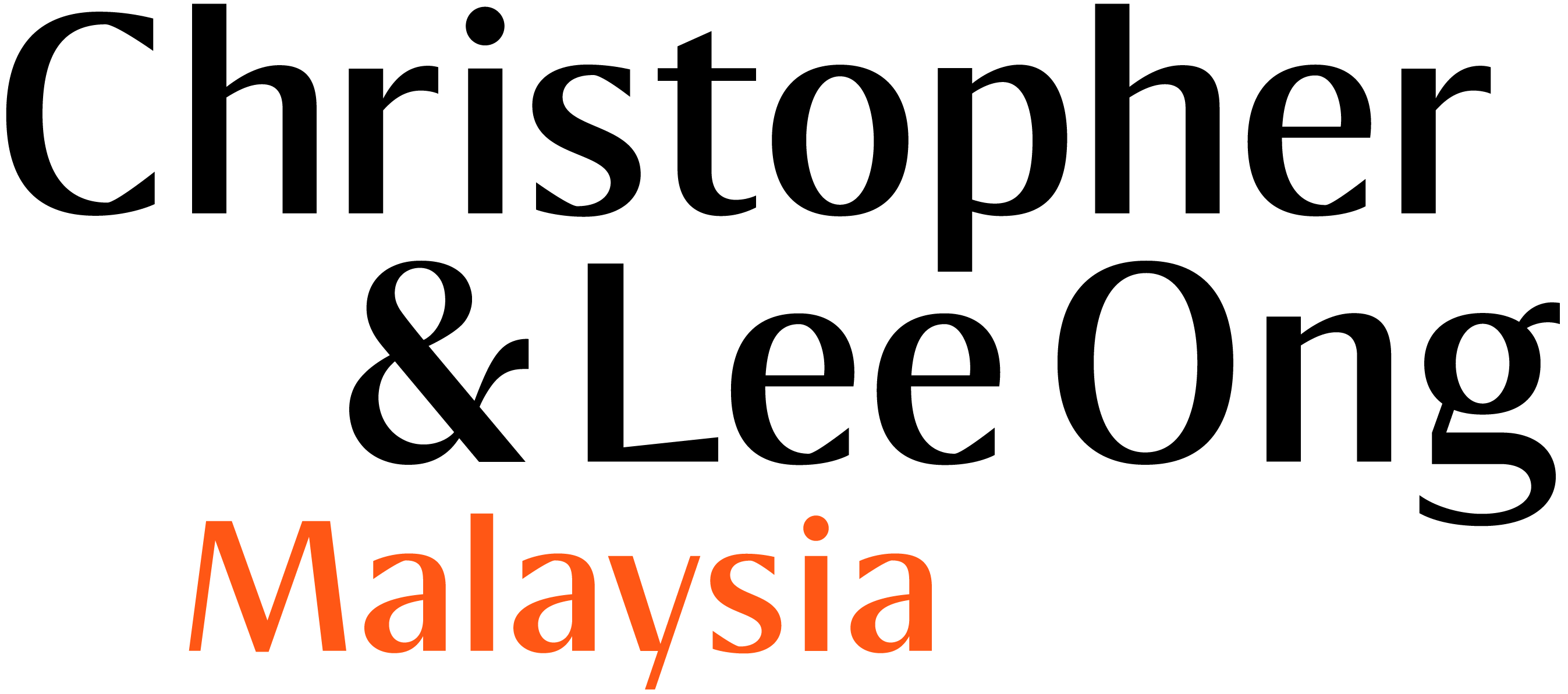Employees' Minimum Standards of Housing, Accommodations and Amenities Act 1990 Revised to Expand Coverage to All Employees and to Impose Other Additional Requirements
On 1 September 2020, the enforcement of the revised Employees’ Minimum Standards of Housing, Accommodations and Amenities Act 1990 (“Act“) began after the expiry of the 3-month grace period given by the Ministry of Human Resources. The Act, which previously only applied the minimum standards of accommodation to employees working on estates, has now been extended to all other employees in Peninsular Malaysia and the Federal Territory of Labuan.
The Act introduces a new Part IIIA that places obligations on employers and centralised accommodation providers to obtain a Certificate for Accommodation for any accommodation provided to employees. Since the official enforcement of the Act, new regulations applicable to accommodation provided under Part IIIA of the Act have been gazetted to:
- limit the maximum rental that may be collected/deducted from the wages of employees to RM100;
- set out the minimum requirements of rest areas, bedrooms, toilets and dining areas for different classes of buildings; and
- specify basic amenities that shall not be shared among employees, for example, certain types of single beds, mattresses, and locked cupboards.
Amendment to Insolvency Act 1967 to Mitigate Financial Ramifications of COVID-19 and Provide Individuals with Additional Protection from Bankruptcy
On 25 August 2020, the Insolvency (Amendment) Bill 2020 (“Insolvency Bill“) was passed with a simple majority vote in the Dewan Rakyat. The focus of the Insolvency Bill is to mitigate the financial ramifications of the COVID-19 pandemic and provide individuals with additional protection from the threat of bankruptcy, most significantly by increasing the minimum debt threshold for the presentation of a bankruptcy petition from RM50,000 to RM100,000.
While the amendments introduced are largely in line with the amendments introduced by the Temporary Measures for Reducing the Impact of Coronavirus Disease 2019 (COVID-19) Bill 2020, there are certain differences between the Bills which warrant specific attention – click here to read our Legal Update, which sets out the key differences between the Bills.
Sexual Harassment Also Includes Non-Physical Acts
The Industrial Court in Loganathan Maniam v Murphy Sarawak Oil Co Ltd [2020] 2 ILR 275 (Award No. 448 of 2020) highlighted that sexual harassment not only encompasses physical acts but also includes non-physical acts such as the use of terms of endearment and the giving of personal gifts or attention, particularly where they are unwanted and go on repeatedly. The Claimant was alleged to have committed numerous acts of sexual harassment toward his secretary including addressing her as “sayang” (which directly translates to ‘dear’ or ‘love’) and paying her unwelcomed attention by giving her personal gifts.
As a consequence of such conduct, the Industrial Court found the Claimant guilty of misconduct which warranted termination of his employment. The impact of the Industrial Court decision not only recognises that sexual harassment goes beyond just physical actions but emphasised that the use of terms of endearment, gifting of personal presents and the imposition of unwelcomed attention toward a colleague (particularly from superior to a subordinate) can be construed as sexual harassment. Additionally, unwelcomed behaviour which has the effect of offending, humiliating or intimidating another is also harassment, even if there were no express objections to such behaviour.
This case also raises the issue that behaviour that is perceived as acceptable in a certain context may not necessarily be appropriate to another who is from a different cultural background. It is therefore crucial that employers educate their employees to be sensitive to other cultures in the workplace. Although the perception is that non-physical sexual harassment may not be as harmful or damaging as physical sexual harassment, employers should be mindful of such conduct occurring in the workplace, and ensure that every employee is made properly aware about the organisation’s policies on sexual harassment.
Please note that whilst the information in this Update is correct to the best of our knowledge and belief at the time of writing, it is only intended to provide a general guide to the subject matter and should not be treated as a substitute for specific professional advice














